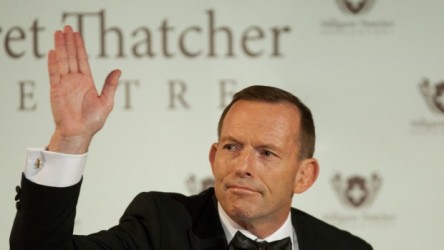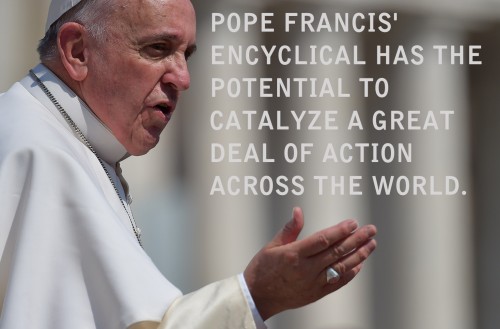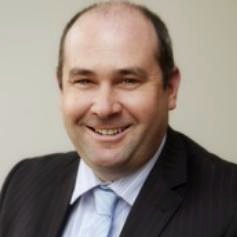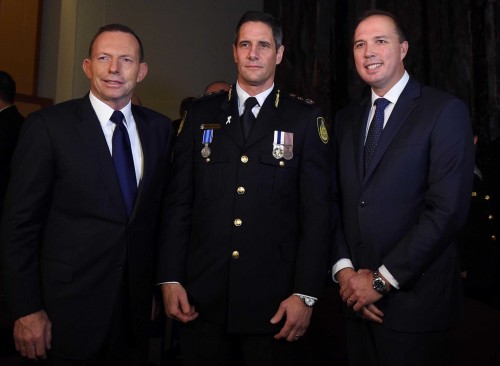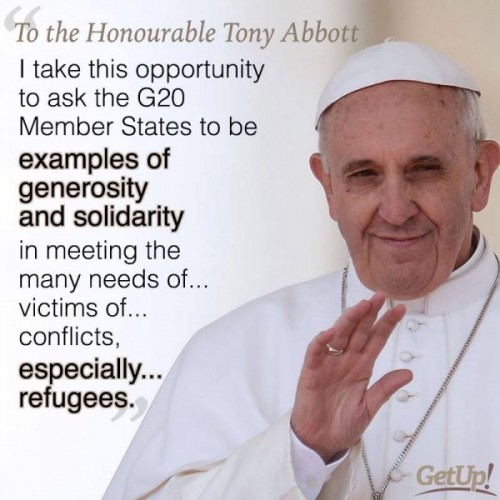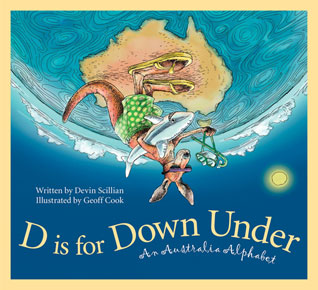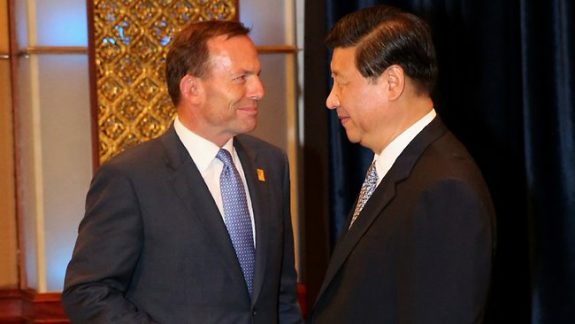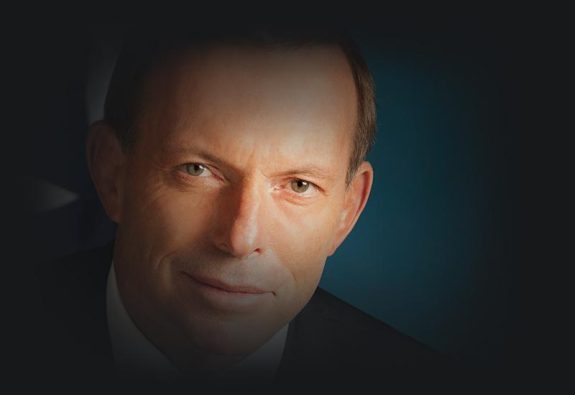Pell appeal verdict unleashes a perfect storm for our Tory ruling class
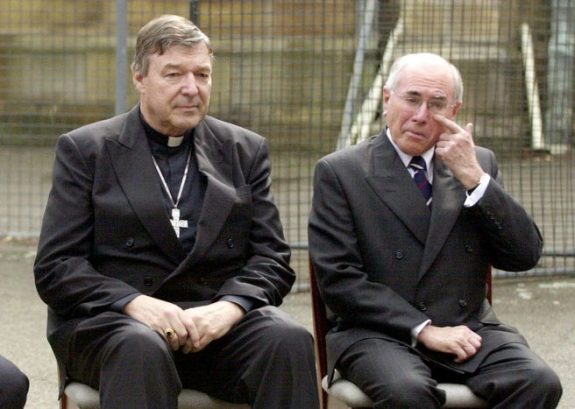
Head bowed, a manacled cardinal is led hobbling out of court into a prison van, a shocking image calculated to rock our nation’s Tories to the core, last Wednesday, as Victoria’s Court of Appeal upholds Cardinal George Pell’s conviction on five counts of child sexual assault, for offences committed against two thirteen year-old altar-boys in a priest’s sacristy at St Patrick’s Church, in 1996 and 1997, whilst Pell was still Archbishop of Melbourne.
By Sunday, thank God and Rupert Murdoch, it’s all OK – at least, in Australia’s News Corp-led “mainstream media” as our corporate, oligarchical, media tribe is typically misnamed, whose stories quickly turn a convicted predator into an innocent victim. OK, too, in our progressive, post-modern, post fact, Trumpian universe of discourse, our collective, international pandemic of unreason led by lords of misrule from Boris to Bolsonaro to The Donald.
Bugger the facts, it’s the vibe that counts. As former PM Turnbull, pre-knifing by Scott Morrison, told Glyn Davis, Vice Chancellor of The University of Melbourne when Davis challenged Turnbull’s spin that all was rosy between town and gown. Davis dared air his heretical view that collaboration between business and university was crap.
“This is, by the way, you running against the vibe. You haven’t got the new zeitgeist. The new zeitgeist, Glyn, is to believe in yourself, is to have a go.” Did Mal’s liberating ideology help spawn ScoMo’s “have a go to get a go”?
Bugger “police, the prosecutors, the courts, the jury system, the burden of proof and the entire rule of law. In its place is the new primacy of feelings: they feel Pell must not be guilty, therefore he is innocent. All else — most significantly, the fully tested testimony of the victim that they have never seen — gives way before their emotional need.” writes Crikey’s legal beagle, Michael Bradley. Above all, our establishment must protect one of its own.
Pell can’t be guilty: he’s part of the power elite, as untouchable as Casino King, James Murdoch. Pell’s protection is necessary to preserve the power of our monocultural bunyip aristocracy. However, it’s a secular crusade now, David Marr reflects. “Rome somewhere in the past few years lost the power” to protect men like Pell.
Above all, however, is the political purpose served by the all-consuming pseudo-debate over Pell’s innocence, a diversion adroitly exploited by a Coalition keen to soft-pedal its announcement that it is eagerly doing the US bidding; taking up gunboat diplomacy in the Persian Gulf because this will help “de-escalate tensions”.
Foreign Minister, Marise Payne keeps a straight face on ABC Insiders, Sunday; farcically claiming we are part of an “international mission” which is “modest, meaningful and time-limited”. In reality, we are offering Trump a blank cheque. It’s all about restoring “rules-based order and the rule of law”. No-one mentions the fact that we are about to break international law. Trump’s administration clearly hankers for the good old days when it ran Iran.
With British help, America overthrew Iran’s democratically elected conservative Prime Minister, Mohammad Mossadegh’s nationalist parliamentary government, in 1953, to install Shah Reza Pahlavi, a dictator who gave 40% of Iran’s oil concessions to US oil companies. America supported the corrupt dictator until his overthrow by a popular mass movement in 1979. As punishment, the US backed Iraq’s Saddam Hussein in the Iran–Iraq War, 22 September 1980- 20 August 1988.
It is estimated one million Iranians died defending their country. Up to half a million Iraqis also lost their lives.
The international team comprises ourselves, the Great Satan, as Iran once called the US, Little Britain under Boris Johnson, a professional clown, now playing Albion’s accidental PM and Human Rights Watch pin-up, Bahrain, a state of unabated repression whose rulers’ crack-down on dissent has eliminated all opposition banned independent media and peaceful dissidents are roughed up, arrested, prosecuted and stripped of their citizenship.
Clearly, there’s a bit our government could yet learn from Bahrain and embedding our troops with theirs is a move guaranteed to bring mutual enlightenment, the rule of law and stability to a region where eighty million Iranians are starved of daily necessities from food to medicines as a result of forty years of US sanctions.
It’s possible, of course, that the sudden appearance of an Australian cruiser in January 2020 “for six months” or a P-8A Poseidon maritime surveillance aircraft to the Middle East for one month “before the end of 2019” will prove immensely re-assuring to Iran’s government and cause citizens to hi-five and hug each other in sheer relief.
Aussie diggers posted to Bahrain, super-charged with ANZAC can-do, could repair the nation’s moral high ground.
Luckily for Morrison’s government, the Cardinal Pell in the Pokey show is the perfect distractor; a timely bit of cultural warfare guaranteed to upstage any grovelling capitulation to the whims of hawks such as Bolton or Pompeo who run demented Donald Trump and his mad, neo-con, anti-Iranian, administration.
Hard right hacks, Andrew Bolt, Miranda Devine, Bettina Arndt rush to defend Pell. Left out of the moral outrage are the 1900 child sex-offenders, identified in Australian Catholic churches, whose 4,444 victims were on average under twelve years old, according to the 2016 Royal Commission into Institutional Responses to child sexual abuse. Eclipsed almost entirely, is the suffering of thousands of abused children; or how their lives were ruined.
And who knows how many victims there are in the sexual abuse of nuns by priests, abuse which Pope Francis acknowledged last February? Catholic women are speaking out, too, under the #NunsToo hashtag. In the meantime, a sanctification of Pell proceeds, by some of our best and finest reactionary media mavens.
Poor George, whose Dad, a Ballarat publican, David Marr reports, ran an SP book from the public bar of The Royal Oak, from 1953 to 1976, becomes, by mythic invention, an icon of apostolic poverty, humility, chastity and saintly compassion who will appeal to The High Court. The magical thinking of his backers has him acquitted already.
A man of such grace and standing (Peter Kidd, Chief Judge at his sentencing commented on his “staggering arrogance”, in committing crimes he thought he could get away with), will automatically be granted leave to appeal. But in the eternal interim, the very idea of a fallen Pell is a monstrous offence against nature.
Worse, the appeal judgement is a heresy right up there with Aurecon’s shunning of Adani, a move which resources High Priest, Matt Canavan says is as “weak as piss” before calling on the energy oligopoly to “shun and shame“ Aurecon. The Australian and others in the stable eagerly recycle the lie of Pell’s unblemished record.
Yet there is no question that Pell is the reactionaries’ reactionary, a one-stop shop for any crusade against change.
Pell held that abortion was “a worse moral scandal than priests sexually abusing young people.” is Papal-royalty. Boys driven to take their own lives through homophobia only had themselves to blame, Pell maintained;
“It is another reason to be discouraging people going in that direction. Homosexual activity is a much greater health hazard than smoking.”
Pell denounces concern about climate change as “a symptom of pagan emptiness” The Greens? “Anti-Christian”.
Pell’s perspective on accountability is clear in his view, given in 2014, that “the church’s responsibility to those abused by priests is comparable to the responsibility of a trucking company to a hitchhiker raped by a trucker.”
Monday, Pell’s media acquittal continues. The Australian’s Mirko Bagaric blusters “… it debases the legal and democratic process for anyone to insist — as a few prominent commentators have in recent days — that it is impertinent to believe that Cardinal George Pell is innocent despite losing his case in the Victorian Court of Appeal.
News Corp’s contempt for the rule of law is as staggering as the propaganda it peddles to buy its monstrous power. Its defence of St George, moreover, reveals Australia’s follow-the-leader-media rushing pell-mell to fall in behind Papal knight Sir Rupert’s News Corp’s Cardinal-as-Victim story-tellers.
Part of this narrative involves appeals to sympathy for “an old sick man” “who might well die in gaol” as the current Archbishop of Melbourne, Peter Comensoli tells 3AW’s Neil Mitchell. Bizarrely, Comensoli maintains Pell is innocent – and the victim is telling the truth too. It was another priest who committed the sexual abuse.
Easy for a thirteen year-old altar boy to get one 190 cm priest mixed up with another.
The Sydney Morning Herald, The Australian and the odd guest on The Drum hold that Judge Weinberg’s dissenting view is the only one that matters or proof that our legal system is broken and or grounds for High Court appeal.
Paradoxically, another part of the story is that Pell is Australia’s most senior cleric, internationally renowned, a pal of Rupert Murdoch’s, a tall poppy cut down in his prime. The facts suggest otherwise.
At the end, Pell’s power in the Vatican rapidly waned, despite a promising start in modelling austerity by big spending. Outrage broke out over his choice of a 5100 euro a month apartment requiring he spend 87,000 on new furniture; employing an assistant on a 21,600 a month salary and even 6,650 euros on kitchen sink fittings.
Somehow word got out to Italy’s L’Espresso weekly of detailed opposition to Pell’s financial reform; not helped by his Secretariat for the Economy racking up a half-million dollars in expenditures in the last six months.
True, Pell rose to become Cardinal, but Francis, shrewdly diverted the ambitious antipodean prelate into the Sisyphean labour of draining the swamp of the Vatican’s scandalous financial mess, an impossible task – and one fraught with peril, for anyone, let alone a boy from Ballarat, who knew neither Vatican culture nor the rudiments of diplomacy or tact, author of The Melbourne Response, another monumental failure of Christian charity and human compassion which capped compensation clerical sexual abuse victims at $50,000.
They saw him coming, a retired priest says on The Drum. Rubbed them up the wrong way say Vatican insiders. Francis himself believes “Behind rigidity something always lies hidden,” he says. “In many cases, a double life.”
But nothing may detract from the Tory postmodern narrative of St George The Martyr. A man as powerful as Pell, a priest who could command a character reference from a former Prime Minister, (gasp) just cannot be guilty. The Pell pillar must be protected or the entire edifice of conservatism may be revealed to be rotten to the core.
It’s a monstrous spectacle made all the more shocking, somehow, by technical glitches which cause the live broadcast to freeze, the court website to crash and by appellant judge, Chief Justice, Anne Ferguson’s funereal delivery which brings “all the drama of a dead wombat to reading a summary of one of the most important criminal judgments of the year”, reports seasoned legal commentator, lawyer and writer, Richard Ackland.
The Tory world is in turmoil. Right-wing hacks and flacks led by News Corp, nutcase Andrew Bolt, thresh about protesting victim Pell’s innocence, slagging off Victoria’s judiciary and declaring war on the rule of law.
“Never any hope of justice for George Pell. He was too big a scalp for the howling mob,” tweets Bettina Arndt.
Could a Cardinal be so publicly undone? Could a high priest of our ruling elite, a fully-paid member of the board of Reactionary Australia Inc. be brought to heel? Could our rulers be held accountable? Perish the thought. Look at Crown.
The kid gloves are on in the federal government’s treatment of St James Packer’s Crown Casino where there is report from a whistle-blower that ought to be hair-raising. It’s a whale of a tale of high-rollers being fast-tracked through immigration, equipped with escorts before a restorative punt is followed up by a refreshing wildlife shoot.
Crown is a cathedral to our new age of mad depravity, infinitely more popular than any offering of the Catholic Church and more powerful. Crown’s backers rule our politics as the gun lobby does America’s, as former Victorian Premier John Cain observes.
Cain, whose government decided as early as 1983 that to build a casino would be to invite organised crime, warned of the power, grace and charm of casino lobbyists in 1990, “Within three weeks of me going in August 1990, they had not only battered the doors down, but they were in the lounge room pissing on the furniture.”
Sensibly, heeding their mandate from silent Australians to leave no depth unplumbed, the Morrison government summons a toothless watchdog, no-one’s ever heard of.
Australian Commission for Law Enforcement Integrity (ACLEI), a Clayton’s investigator, is agreed upon by both major parties, to allow our gambling lobby to continue to uplift the moral tone of the nation, growing jobs and building wealth, especially in the off-shore bank accounts of Crown Casino and its coterie of money-launderers.
Conspiracy theorists swarm to depict poor, vulnerable Georgie Boy as the innocent victim of a Gillard-leftist-Victoria Police-Nine News plot. In the midst of this fertile, national conversation, Scott Morrison shrewdly chooses to announce he’s just engulfed us in another US oil war which his BFF, another vainglorious lout, the dangerously demented Donald Trump is brewing up against arch-fiend Iran in the Straits of Hormuz.
“200 troops”, he says out of the corner of his mouth. “Limited to six months,” he says. “Or longer, as the case may be” he says, skipping away. Marise Payne, repeats his de-escalation double-speak, almost word-perfect as so sundry other MPs as interviews are merely an excuse for the re-iteration of central minders’ talking points.
Happily, the week brings the anniversary of Scott Morrison’s hugely undistinguished year in office, after knifing Malcolm Turnbull in a double, double-cross. His government has no energy, no environment, no economic or climate change policies, no vision and no shame. But it’s cranking up Robo-debt to go after elderly age pensioners. That blessed surplus won’t accrue all by itself.
No-one in government fusses over the two thousand who die after receiving Robo-debt letters between July 2016 and October 2018. It’s not difficult to envisage a link between their deaths and the debt letters.
Yet Morrison is now the best PM ever, according to the worst, “lying rodent” John Howard, the PM who did most to unpick the threads of a prosperous, progressive, cosmopolitan and egalitarian society and who lied to parliament and people that he had legal opinion to join the illegal US war in Iraq.
Howard also wrote a glowing reference for George Pell.
Like what we do at The AIMN?
You’ll like it even more knowing that your donation will help us to keep up the good fight.
Chuck in a few bucks and see just how far it goes!
Your contribution to help with the running costs of this site will be gratefully accepted.
You can donate through PayPal or credit card via the button below, or donate via bank transfer: BSB: 062500; A/c no: 10495969












